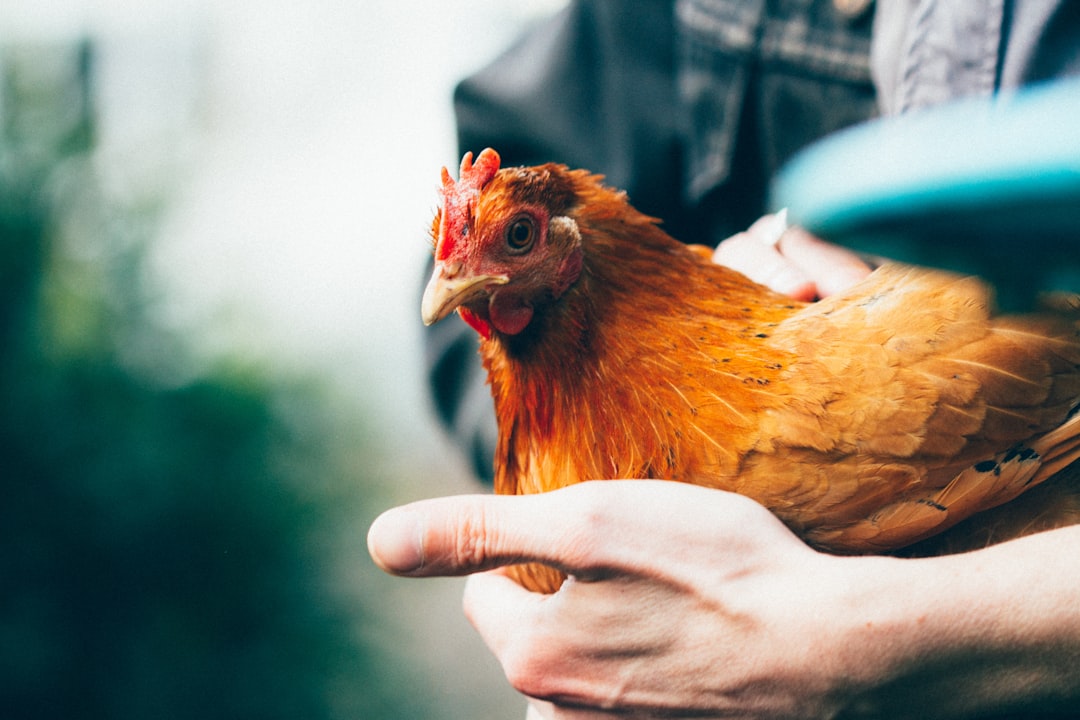Raising backyard chickens has become increasingly popular among urban and rural farmers alike. These feathered friends provide a steady supply of fresh eggs, help with natural pest control, and contribute to sustainable backyard farming. However, before setting up a backyard flock, it's essential to understand the responsibilities, regulations, and best practices for keeping chickens in different regions.
This guide covers the benefits of keeping chickens, global regulations, and essential tips for raising a healthy flock.
Why Keep Backyard Chickens?
1. Fresh, Nutritious Eggs
Home-raised eggs are often healthier and tastier than store-bought ones. Chickens that are free to roam and eat a varied diet produce eggs with:
✔ Higher omega-3 fatty acids
✔ More vitamins A, D, and E
✔ Richer, deeper yolks
2. Natural Pest Control
Chickens are excellent foragers and will eat:
-
Insects (beetles, grubs, ticks, and mosquitoes)
-
Slugs and snails that damage gardens
-
Weed seeds, reducing unwanted plant growth
3. Sustainable Waste Management
-
Chickens recycle kitchen scraps into fertilizer (via their nutrient-rich manure).
-
They help aerate compost piles, speeding up decomposition.
4. Educational and Therapeutic Benefits
Raising chickens teaches responsibility, especially for children, and caring for them can be a relaxing and rewarding hobby.
Understanding Global Regulations for Backyard Chickens
Before setting up a coop, it’s crucial to check local laws and community regulations. Here’s an overview of how different regions handle backyard poultry farming:
1. North America
-
United States: Regulations vary by city. Some cities, like Portland and Austin, allow backyard chickens with minimal restrictions, while others limit flock size or prohibit roosters.
-
Canada: Most urban areas permit chickens, but bylaws regulate flock size (typically 3-6 hens) and require proper housing and waste management.
2. Europe
-
United Kingdom: Keeping chickens is generally allowed, but noise, waste management, and animal welfare laws must be followed. Roosters are often restricted in residential areas.
-
Germany & France: Urban chicken keeping is permitted, but strict animal welfare and space requirements apply.
3. Australia & New Zealand
-
Most councils allow backyard chickens but set limits on flock size (e.g., 5-10 hens).
-
Roosters are usually banned due to noise concerns.
4. Asia
-
India: Keeping backyard chickens is common in rural areas, but city regulations vary.
-
China & Japan: Backyard chickens are less common due to space limitations, but small flocks are permitted in suburban areas.
5. Middle East & Africa
-
Many countries allow backyard chickens freely, as poultry farming is deeply integrated into rural and urban life.
-
Regulations focus more on disease control, such as preventing the spread of avian flu.
💡 Tip: Always check with local agricultural offices or city councils for specific requirements before setting up a coop.
How to Get Started with Backyard Chickens
1. Choosing the Right Breed
Different chicken breeds offer various benefits:
-
Egg-laying breeds: Leghorn, Rhode Island Red, Australorp
-
Dual-purpose breeds (meat & eggs): Sussex, Plymouth Rock
-
Cold-hardy breeds: Orpington, Wyandotte
-
Heat-tolerant breeds: Naked Neck, Leghorn
2. Setting Up a Safe and Comfortable Coop
-
Size: Each hen needs at least 2-3 square feet inside the coop and 8-10 square feet in an outdoor run.
-
Ventilation: Prevents respiratory diseases.
-
Nesting Boxes: Provide one box per 3-4 hens for egg-laying.
-
Roosting Bars: Allow chickens to perch at night for safety.
3. Feeding and Nutrition
-
Provide a balanced layer feed for egg production.
-
Supplement with kitchen scraps, grains, and crushed eggshells (for calcium).
-
Ensure fresh, clean water is available at all times.
4. Managing Pests and Predators
-
Use hardware cloth instead of chicken wire (to prevent raccoons and foxes from breaking in).
-
Secure the coop at night.
-
Keep food in sealed containers to avoid attracting rodents.
Health and Disease Prevention
-
Regular Coop Cleaning: Reduces odor, prevents bacteria buildup, and keeps chickens healthy.
-
Deworming & Parasite Control: Check for mites and lice periodically.
-
Vaccinations & Vet Care: Some regions require vaccinations for common poultry diseases like Newcastle disease.
🚨 Signs of a Sick Chicken:
-
Lethargy or hiding
-
Decreased egg production
-
Discolored comb or wattles
-
Unusual droppings
Early intervention can prevent disease from spreading to the rest of the flock.
Final Thoughts
Backyard chickens offer fresh eggs, pest control, and sustainable farming benefits, but they also require responsible care and attention. Before starting your flock, check local regulations, choose the right breeds, and create a safe and healthy environment for your birds. With proper planning, raising chickens can be a rewarding and environmentally friendly addition to your backyard farm.
🐓 Are you ready to start your backyard chicken journey? Share your experiences or questions in the comments! 🥚

Comments
No comments yet. Be the first to comment!
You must be logged in to comment. Login